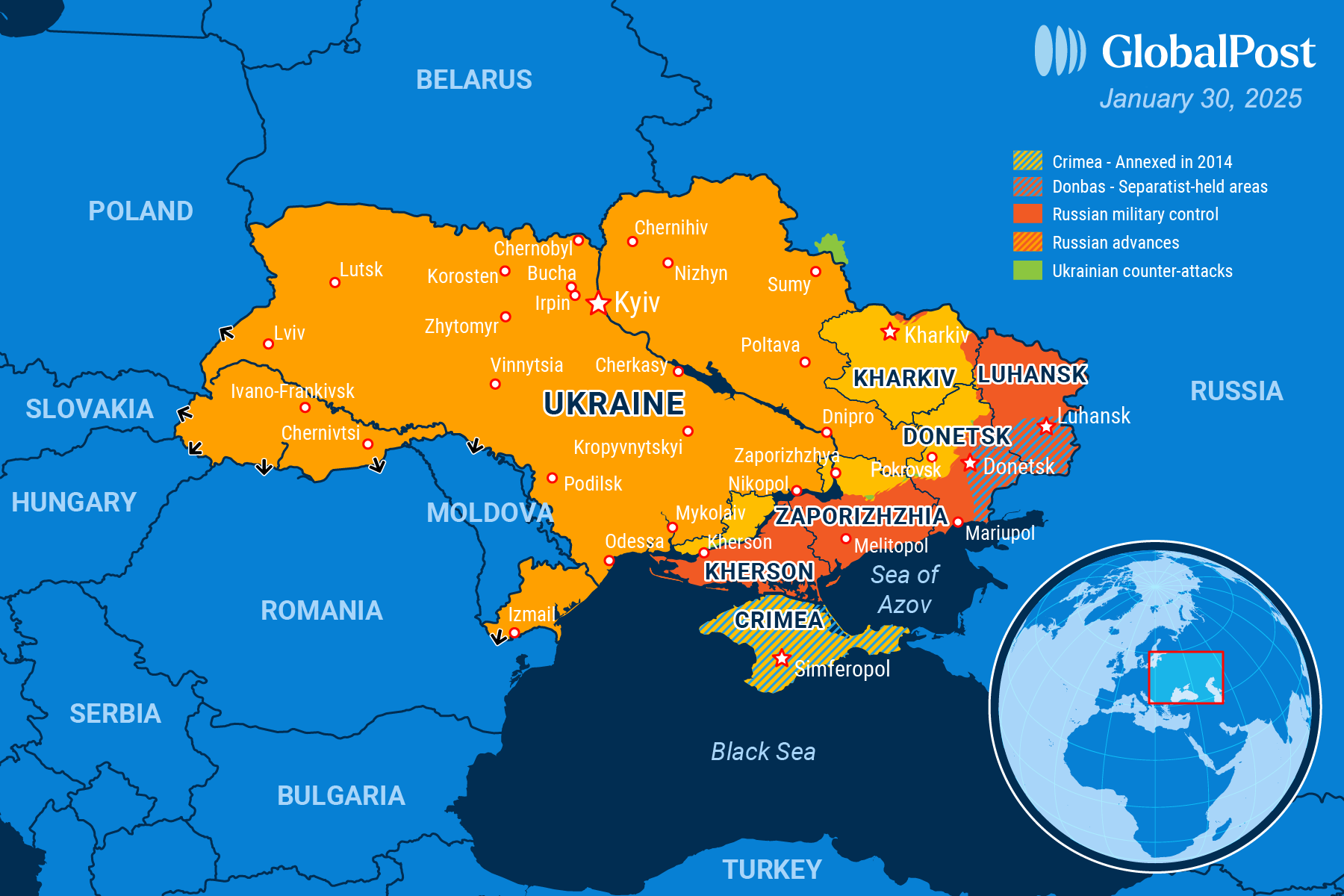Cracks in the Foundation

The United States aligned with Russia, North Korea, Iran, and 14 other nations to vote against a United Nations General Assembly resolution this week that condemned Russian aggression in Ukraine and called for the return of occupied Ukrainian territory, marking a significant shift in US policy on the third anniversary of Russia’s full-scale invasion, the Washington Post reported.
The General Assembly vote on Monday, led by Ukraine and co-sponsored by dozens of nations, passed with 93 votes in favor, 65 abstentions, and 18 against. It was the first such resolution on the war that Washington did not support.
European nations, Australia, and most of Latin America voted in favor, while China, the Gulf nations, and much of Africa abstained. The US delegation also abstained from voting on its own competing resolution, which had originally called for an end to the war without assigning blame to Russia, after it was amended by European countries with stronger anti-Russian language.
In a second vote at the UN Security Council later that day, the United States reintroduced its original resolution calling for an end to the war but without blaming Moscow.
The 15-member Security Council approved it with 10 votes in favor, while France, the United Kingdom, Denmark, Greece, and Slovenia abstained. Russian diplomats praised the resolution as “a step in the right direction” and an indication of the Trump administration’s willingness to contribute to a peaceful settlement.
European attempts to introduce stronger language, including the phrase “full-scale invasion of Ukraine by the Russian Federation,” were vetoed by Russia.
US interim Ambassador Dorothy Camille Shea defended the resolution’s neutral language, calling it “elegant in its simplicity” and emphasizing that it was not a peace deal but a statement on ending the war.
“This is a moment of truth,” Ukrainian Deputy Foreign Minister Mariana Betsa told the assembly, “a historic moment not only for Ukraine” but also for Europe and “for the entire democratic world,” saying that the way Russian aggression, atrocities, and crimes are answered now would define “our entire future.”
Observers noted that the US vote marked a major break with its European allies and raised concerns about the credibility of Western unity in responding to Russia’s invasion. The shift in US policy may complicate ongoing diplomatic efforts, including those within NATO and the Group of Seven.
Analysts described the divide between the US and Europe over the vote as “the biggest split among Western powers at the UN since the Iraq War.”
Reactions from US allies were sharp: European Union foreign policy chief Kaja Kallas remarked that the messaging from Washington was closely aligned with Russian narratives, according to the BBC.
US President Donald Trump has pursued direct engagement with Russian President Vladimir Putin, suggesting that US sanctions on Russia could be lifted, while also proposing a deal in which Ukraine would sign over rights to half of its rare earth mineral wealth to offset US defense spending.

Subscribe today and GlobalPost will be in your inbox the next weekday morning
Join us today and pay only $46 for an annual subscription, or less than $4 a month for our unique insights into crucial developments on the world stage. It’s by far the best investment you can make to expand your knowledge of the world.
And you get a free two-week trial with no obligation to continue.
